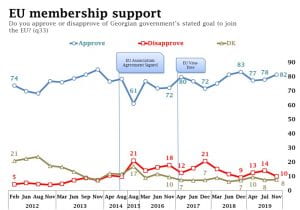By Luis Calvo, MA International Affairs ’20
With the United Kingdom exiting the European Union earlier this year, many questions arose about the U.K.’s future. While the U.K. is still hatching out the specifics of its departure from the EU, there is still a lot of uncertainty surrounding their future relationship. However, the biggest question in the minds of Washington D.C. policy experts is what does Brexit mean for the U.K.-U.S. economic relationship? President Trump and U.S. Ambassador to the U.K. Robert Johnson have both been strong advocates of promoting a future trade deal between the two countries. Ambassador Johnson has even said in his remarks that the U.K. is next in line for a trade deal with the United States. Is a trade deal the best way to support our long-term ally and in the best interest of the “Special Relationship”?
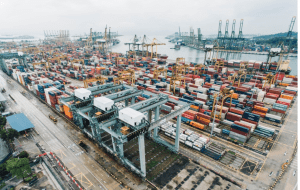
Both countries currently have a lot to prove to the world. The U.K. is focused on showcasing itself as independent and able to not only survive but to thrive on its own and prove that Brexit was the right decision for the country. Meanwhile, President Trump has to prove that he can jumpstart the American economy and make America great again by establishing newer and better trade deals that will resonate with his voters in November. Covid-19 has only exacerbated these necessities, especially since both Boris and Trump have been heavily criticized about their handling of the pandemic. On the U.S. side, there is a lot of pressure to demonstrate that we stand with the U.K. as they go independent, especially since the current administration has been a vocal supporter of Brexit. A trade deal could also benefit both countries’ economic recovery after the Covid-19 pandemic passes.
While each country would get a different reward from the deal both will benefit greatly from appearing united. The Special Relationship has had its ups and downs during history. A, trade deal could give it a significant boost especially in times of uncertainty where President Trump has been accused of abandoning U.S. allies. By playing on the narrative of the Special Relationship, both countries can easily sell this trade deal to their citizens. The U.S. can highlight the entrepreneurial spirit that both British and American societies share. This can be an important motivator for a potential trade deal that benefits the growing sectors of the changing economies of both countries. The U.S. can evoke master narratives prevalent in U.K. such as “Britain first or pro Brexit narratives” to frame this potential deal as beneficial for both countries and to urge the U.K. to prioritize it as much as the U.S. is doing. Both Boris and Trump are presidents who have gotten elected utilizing nationalistic narratives, U.K. society values individualism as much as American society does. The U.S. can capitalize on framing the opportunity of having a trade deal where the U.K. has its own voice to negotiate its own terms and not those dictated by the EU. The necessity for British independence was one of the mindsets that led to Brexit. The US should emphasize how much control the U.K. will have in deciding the terms of the agreement.
This trade agreement can signify an opportunity for both leaders to appeal to the sectors of their societies that feel like they have gotten the worst end of past trade deals. It allows both governments to appear as though they are working on the best interest of their own economies. An economic partnership between the two countries founded on the idea of assisting the economic sectors who have been hurt by past trade deals aligns perfectly with both Trump and Boris nationalistic messaging.
The narrative of “the fall of the British empire” plays a crucial role on the British side in the necessity for a trade deal. The uncertainty generated by the Covid-19 pandemic has the world wondering whether or not the current world order will be changed. In times where the U.S. can fear that its hegemonic power is declining, the U.K. offers a different perspective. Under this narrative, the British have handled their power decline over the last decades with grace and humility, which has allowed them to create a resilient mindset in their society. The U.S. now has a unique opportunity to learn from this narrative for the benefit of both countries. A strong economic alliance with the U.K. could stop fears of an American decline, while also fortifying British and American reputations among the international community. A trade deal could reverse the mindset of a decline in power for both countries; it reframes it as we are stronger together to combat other rising powers. The Special Relationship can be utilized as a beacon of hope in uncertain times for both countries to handle economic crises with humility and resilience, showing the word that this is a strong partnership. Both countries can utilize this trade deal as a way to signal to the rest of the international community how united and strong the Special Relationship is. The ‘’ Decline narrative” allows the US and Britain to take back control of their narrative and frame a stronger narrative based on resilience through a partnership that will provide beneficial for both allies. A positive trade deal can be a wonderful platform to promote strategic narratives of unity and strength that both countries need.
The opinions expressed in this blog are those of the author. They do not express the views of the Institute for Public Diplomacy and Global Communication or the George Washington University.
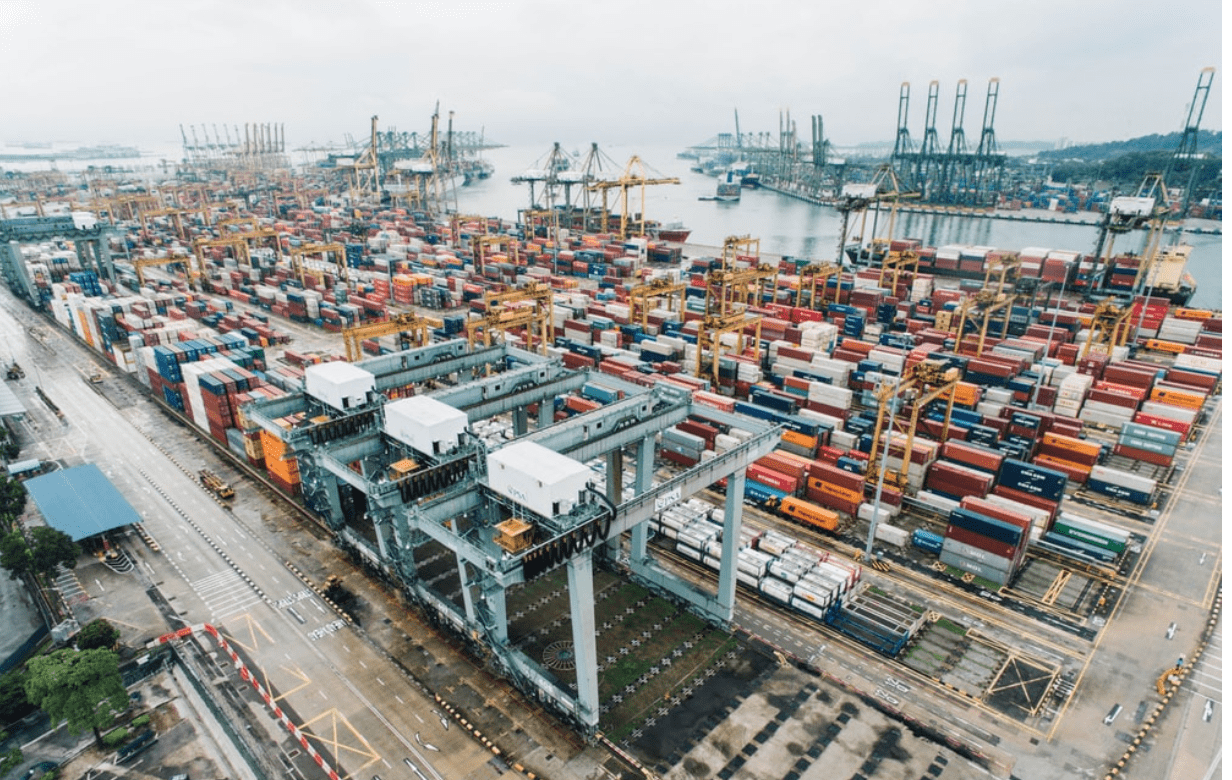




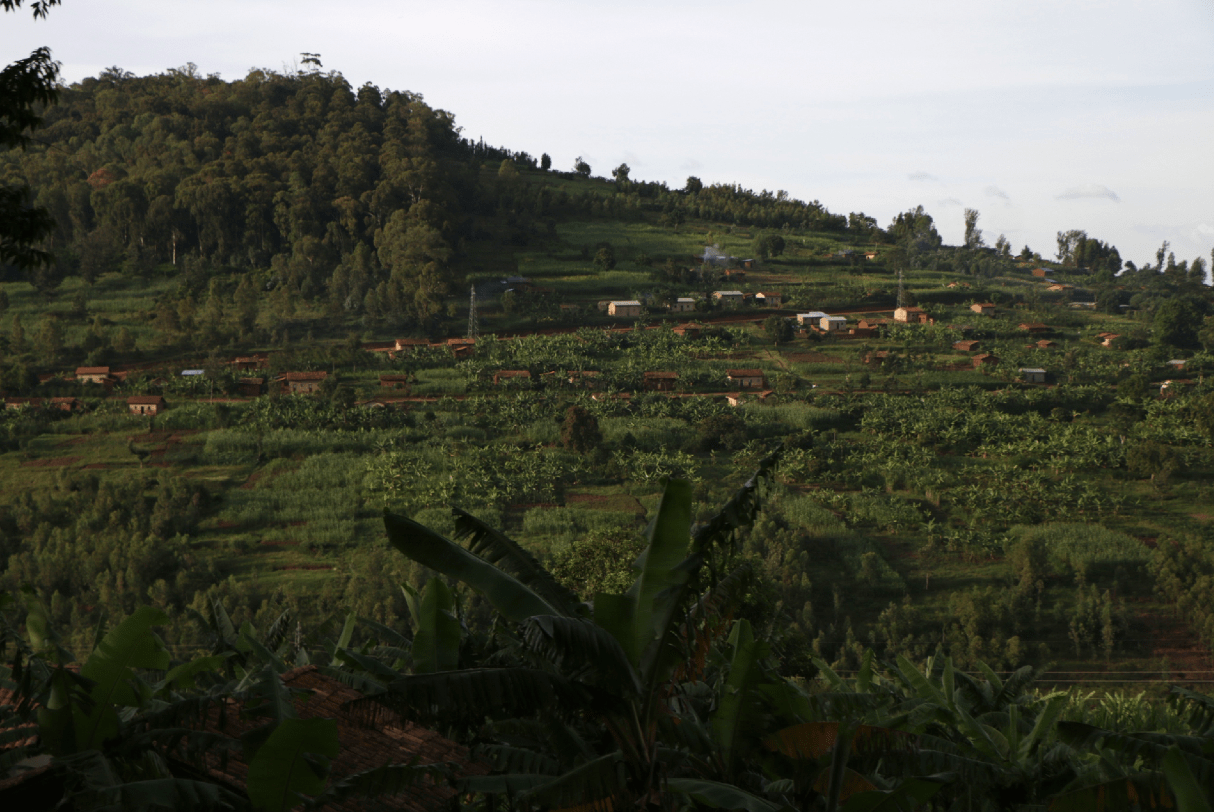

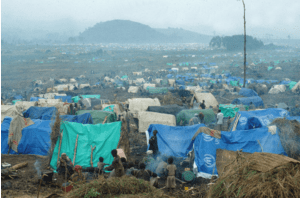
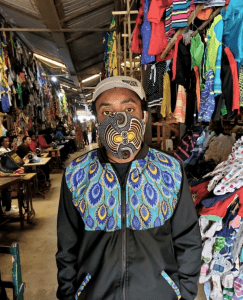
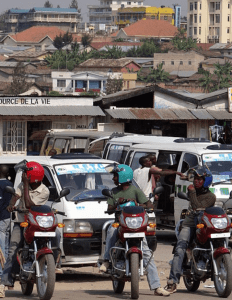
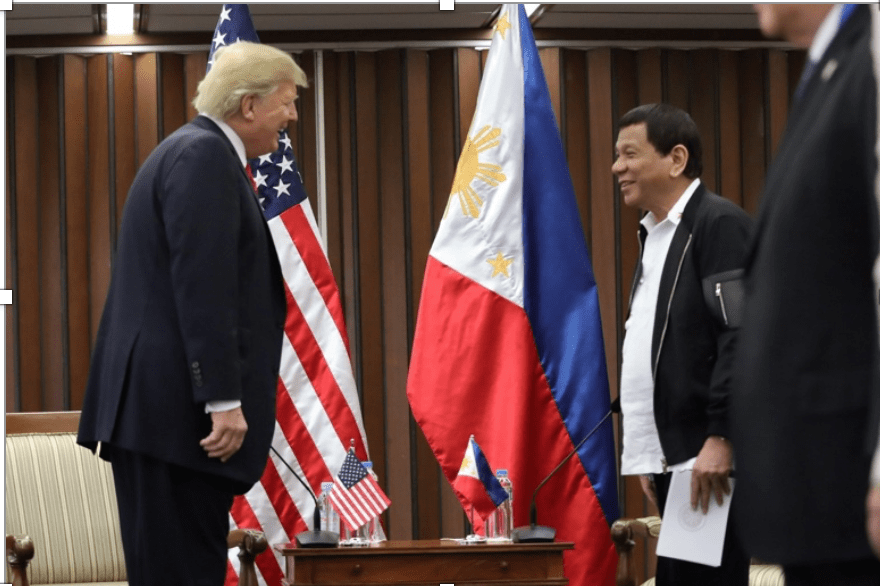

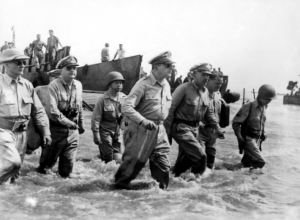




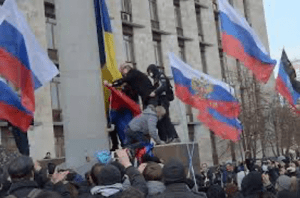



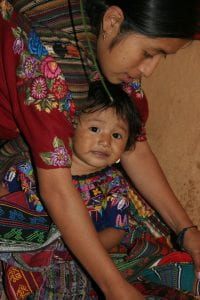




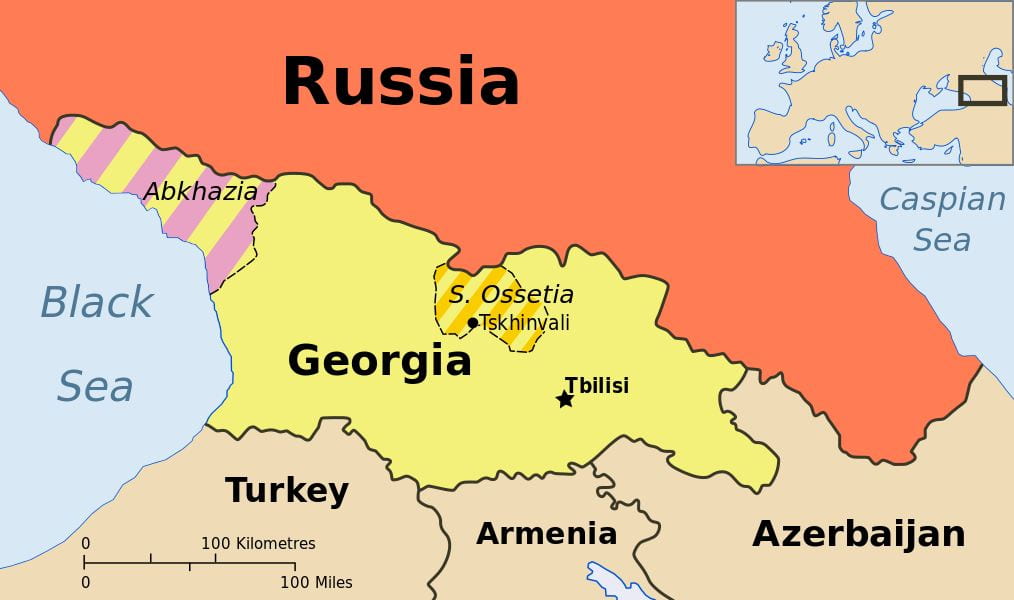
 This perspective feeds into Georgian identity narratives, which are those that describe Georgia’s identity as a country. These identity narratives depict Georgia as a strong, independent, and unified state which governs itself. Identity narratives can also constrain a nation’s behavior. Georgia, for example, values self-governance and is a nascent democracy, and thus is expected to behave as such. Additionally, Georgian nationalism has become increasingly important since it seceded from the Soviet Union in the 1991 referendum. This helps to explain why Georgia views the Abkhazia and South Ossetia controversy as an occupation of their territories, rather than accepting Russia’s narrative of support for independent states.
This perspective feeds into Georgian identity narratives, which are those that describe Georgia’s identity as a country. These identity narratives depict Georgia as a strong, independent, and unified state which governs itself. Identity narratives can also constrain a nation’s behavior. Georgia, for example, values self-governance and is a nascent democracy, and thus is expected to behave as such. Additionally, Georgian nationalism has become increasingly important since it seceded from the Soviet Union in the 1991 referendum. This helps to explain why Georgia views the Abkhazia and South Ossetia controversy as an occupation of their territories, rather than accepting Russia’s narrative of support for independent states.
